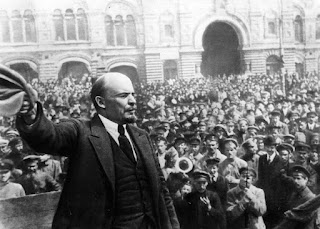Originally a short story, Babysitter was first published in Ellery Queen in 2008. The novel is a perfect example of Joyce Carol Oates' style and content. The story presents a veneer of social norms, while underneath is a cauldron of unspeakable evil, both worlds colliding ensuring the reader continues to guess as to the characters responses and behavior.
I believe hearing in an interview with Oates, speaking about her notion of playing with societies' taboos and pushing these taboos to an imaginary red line. Babysitter not only pushes these lines, but in many cases surpasses them, causing (for me at least) great discomfort in the reading process and igniting a morbid curiosity as to the final conflict resolution in the tale.
The time is the late 1970s in Detroit. Young boys are being kidnapped off the street by a pedophile, who practices his perverted sexual fantasies, murdering the children, and moving on to his next victim. The press has called the freak Babysitter because he holds the children for weeks before discarding them. The bodies are often washed and cleaned, causing the authorities to speculate about the criminal's psychosis.
The novel’s protagonist, Hannah, is the wife of a successful Detroit businessperson, with two young children, living in an upper-middle class suburb. Hannah is in her early forties, attractive, who only wears the finest clothes, expensive jewelry, and has a live-in housekeeper. Her marriage lacks sexual spark. Despite everything she has, Hannah is neurotically insecure. Her husband, Wes, is usually condescending, and in Hannah’s eyes, treats her like an air-headed female, so she wants more, and unfortunately finds it.
Hannah meets a mysterious man at a business event in the city. The reader is tortured, page after page, about Hannah’s insecurities There were times I wanted to reach into the world of this story and give Hannah a good shake, because she continually makes the wrong decisions, ending up being forcefully raped by the mysterious man.
Why is Hannah so weak, and constantly justifying her wrong choices?
The social veneer of acceptable mores and the underbelly of pure evil come together through Hannah. Her lover, marriage, children, and her middle-class respectability finally comes to a head, and for the reader, nothing will come to good in her situation.
There are no redeeming characters in this tale. There is nothing to like about any of them.
Does our protagonist, Hannah, finally wake up, and realize the evil that surrounds her?
Perhaps Babysitter is an honest example of our superficial world of proper behavior though in reality, merely obstructs our true nature?
Something to ponder.










